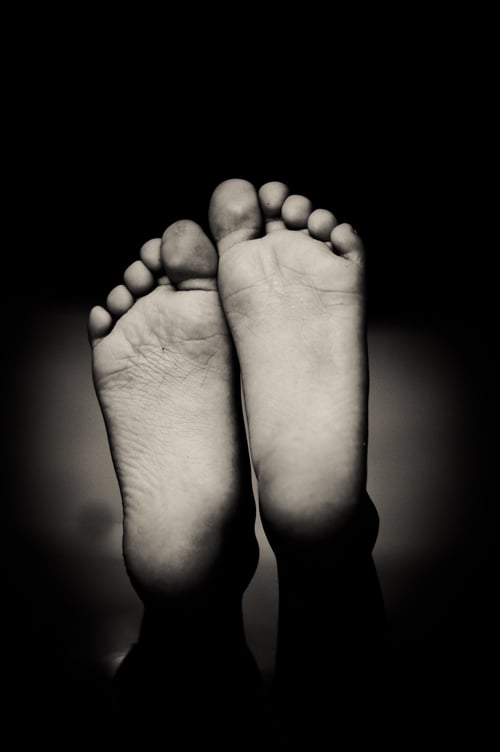
When it comes to our feet, we take them for granted. We are on our feet for long hours of the day as they go through a range of abuses. In fact, the only time when we may pay particular attention to them is when we stub a toe or get a cut on the bottom of the foot. So we can often overlook other problems that we should take seriously.
One such issue is swollen feet. Normally, we will attribute this condition due to working long hours or because a woman is pregnant. Yet the swelling can also happen due to other circumstances. Here are 5 reasons why your feet may be swollen and when you should seek medical attention.
Sprains, Strains and Dislocations
Foot injuries can happen to both young and old people. A teenager may have pulled a tendon while playing sports, or a senior may trip on a broken step. A specific area of the foot may become swollen where the sprain or strain occurred. To reduce the swelling, elevate the foot immediately while placing on an ice pack. If the swelling doesn't reduce after 20 minutes of home treatment or if the condition seems to worsen, seek out medical attention.
Prescription Drug Side Effects
Some prescription drugs can cause feet to swell, especially for people who are taking medication to treat high blood pressure. If you are experiencing this issue, look over the list of side effects on your medication and then contact your doctor about the foot-swelling concerns. Don't stop taking the medication during this time until you see a doctor. Your medical professional can then perform a medical checkup and offer advice based on your specific medical needs.
Ingrown Toenails
Toenails don't always grow as they should. Instead of growing outward, the toenail may grow inward and cause pain, redness or swelling. This condition can happen if you wear shoes that are too tight, if you injure your foot, or if you have diabetes. Wearing protective footwear and trimming your toenails straight across instead of on a curve can help prevent ingrown toenails. If your toe is swollen and there is pus present, seek medical attention.
Diabetes
A person with diabetes can experience a range of complications with their legs, including swollen feet. If you have undiagnosed diabetes, you may notice a numbness in your feet, blisters, the skin changing color and a burning sensation along with swollen feet. These issues can be caused by poor blood circulation or nerve damage from diabetes. Obtaining a diagnosis for diabetes and taking care of your feet can help to limit or eliminate these issues.
Liver/Kidney Disease
Swollen feet can be the first indication that you may have either liver or kidney disease. Both diseases can cause a buildup of fluid, which can move from the blood and into the tissues in your feet. When this problem occurs, it will cause your feet to swell. Getting a medical examination can help determine if you are suffering from liver or kidney disease.
Swelling in the feet will usually clear up on its own in a few hours. If the swelling lasts longer, becomes worse, is accompanied by pain or other symptoms, it is always advisable to seek medical treatment. By knowing what is wrong, you can properly take care of your feet.







